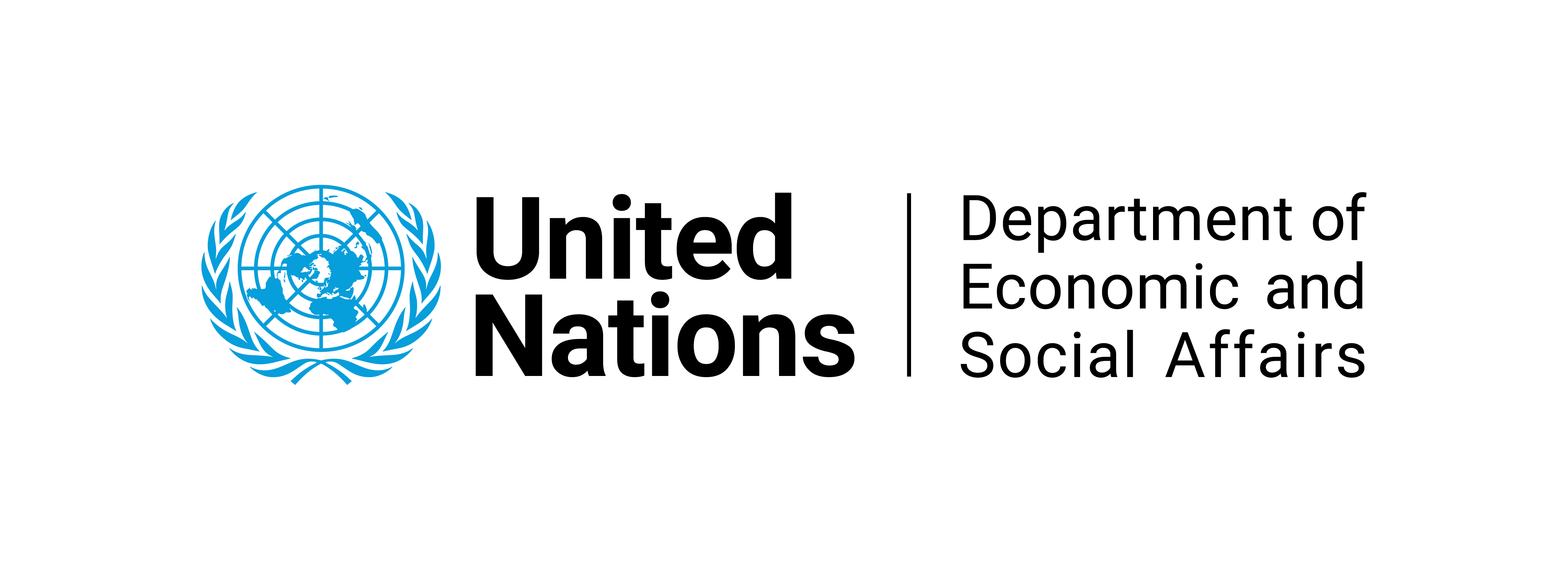3.3 Other principles practices and guidelines#
This section describes a number of other international principles and guidelines.
3.3.1 A Human rights-based approach to data#
A Human Rights-Based Approach to Data (🔗) produced by the UN Office of the High Commissioner for Human Rights focuses on the following principles. Some of these principles overlap with the UN Fundamental Principles, whereas others provide some additional perspectives.
Participation: Participation of relevant population groups in data collection exercises, including planning, data collection, dissemination and analysis of data.
Data disaggregation: Disaggregation of data allows users to compare population groups and understand specific groups’ situations. Disaggregation requires that data on relevant characteristics are collected.
Self-identification: For the purposes of data collection, populations of interest should be self-defining. Individuals should have the option to disclose or withhold information about their personal characteristics.
Transparency: Data collectors should provide clear, openly accessible information about their operations, including research design and data collection methodology. Data collected by State agencies should be openly accessible to the public.
Privacy: Data disclosed to data collectors should be protected and kept private, and confidentiality of individuals’ responses and personal information should be maintained.
Accountability: Data collectors are accountable for upholding human rights in their operations, and data should be used to hold states and other actors to account on human rights issues.
3.3.2 IMF standards for data dissemination#
The IMF has taken steps to enhance transparency and openness of statistics of member countries, including setting voluntary standards for dissemination of economic and financial data in the IMF Standards for Data Dissemination (🔗). The Special Data Dissemination Standard (SDDS) was established in 1996 to guide members that have, or might seek, access to international capital markets in providing their economic and financial data to the public. The General Data Dissemination System (GDDS) was established in 1997 for member countries with less developed statistical systems as a framework for evaluating their needs for data improvement and setting priorities. In 2012, the SDDS Plus was created as an upper tier of the IMF’s Data Standards Initiatives to help address data gaps identified during the global financial crisis. In 2015 the enhanced GDDS (e-GDDS) replaced the GDDS. More than 97 per cent of IMF member countries participate in the e-GDDS, SDDS, or SDDS Plus.
3.3.3 ISI Declaration on professional ethics#
The International Statistics Institute (ISI) has issued a Declaration on Professional Ethics (🔗), which sets out the professional values and principles that should govern statisticians’ work in general. The Declaration is also relevant for official statistics. It is fully in line with the UNFPOS and also brings in important ethical perspectives. The values and principles are as follows:
Proefessional values
Respect;
Professionalism;
Truthfulness and integrity.
Ethical principles
Pursuing objectivity;
Clarifying obligations and roles;
Assessing alternatives impartially;
Conflicting interests;
Avoiding pre-empted outcomes;
Guarding privileged information;
Exhibiting professional competence;
Maintaining confidence in statistics;
Exposing and reviewing methods and findings;
Communicating ethical principles;
Bearing responsibility for the integrity of the discipline;
Protecting the interests of subjects.
3.3.4 OECD recommendations on good statistical practice
The Recommendation of the OECD Council on good statistical practice (🔗) is addressed to both members and non-members of the OECD. Most of these issues raised there are covered in the discussion of the UN Fundamental Principles. Some additional points are adequacy of human and financial resources and exploring innovative methods and alternative data sources. Quality of statistical outputs and processes is also more directly specified. The Recommendation covers the following topics:
Legal and institutional framework;
Professional independence;
Adequacy of human and financial resources;
Protect the privacy of data providers;
Right to access administrative sources;
Impartiality, objectivity and transparency;
Quality of statistical outputs and processes;
User-friendly data access and dissemination;
Co-ordination of statistical activities;
International co-operation;
Exploring innovative methods and alternative data sources.
3.3.5 European Statistics Code of Practice
The European Statistics Code of Practice (🔗) covers to a large extent the same main principles as the UN Fundamental Principles but with some more specification of issues related to professional independence, quality and dissemination. Adequacy of resources is also a specific principle. The principles described are the following:
Institutional environment
Professional independence / Coordination and cooperation;
Mandate for data collection;
Adequacy of resources;
Commitment to quality;
Statistical confidentiality;
Impartiality and objectivity.
Statistical processes
Sound methodology;
Appropriate statistical procedures;
Non-excessive burden on respondents;
Cost-effectiveness.
Statistical output
Relevance;
Accuracy and reliability;
Timeliness and punctuality;
Coherence and comparability;
Accessibility and clarity.
3.3.6 Code of Good Practice in Statistics for Latin America and the Caribbean
The Code of Good Practice in Statistics for Latin America and the Caribbean (🔗) approved in 2011 at the sixth meeting of the Statistical Commission of the Americas of the Economic Commission for Latin America and the Caribbean, follows to a large extent the headings and the indicators of the European Statistics Code of Practice.
3.3.7 ASEAN Community Statistical System (ACSS) Code of Practice
The ACSS Code of Practice (🔗) as adopted by the ACSS Committee at its 2nd Session in Siem Reap, Cambodia, in 2012, is also consistent with the UN Fundamental Principles of Official statistics and comprises eight principles under three main headings:
Institutional Environment
Mandate for data collection;
Professionalism & integrity;
Confidentiality;
Accountability;
Statistical cooperation & coordination.
Statistical Process
Cost-effectiveness;
Reduced respondent burden.
Statistical Output
Commitment to quality (relevance, reliability, timeliness, comparability & accessibility).
3.3.8 African Charter on Statistics
The African Charter on Statistics (🔗) was adopted by the African Union Commission in 2009. The Charter is based on the UN Fundamental Principles and comprises the following main headings:
Professional independence;
Quality;
Mandate for data collection and resources;
Dissemination;
Protection of individual data, information resources and respondents;
Coordination and cooperation.
3.3.9 CARICOM’S Good Statistical Practices
CARICOM’S Statistics Code of Practice (🔗), adopted by the Standing Committee of Caribbean Statisticians (SCCS) in 2011, is modelled after the European Code; It has 15 principles under three main headings: i) Institutional Environment, ii) Statistical Processes, and iii) Statistical Output and 78 indicators.
3.3.10 Principles and Practices for a Federal Statistical Agency
The Principles and Practices for a Federal Statistical Agency (🔗) include four principles and thirteen practices. A number of these principles and practices overlap with the UN Fundamental Principles, whereas others provide some additional perspectives. The four Principles are:
Relevance to policy issues;
Credibility among data users;
Trust among data providers;
Independence from political and other undue external influence.
The thirteen Practices are:
A clearly defined and well-accepted mission;
Necessary authority to protect independence;
Use of multiple data sources for statistics that meet user needs;
Openness about sources and limitations of the data provided;
Wide dissemination of data;
Cooperation with data users;
Respect for the privacy and autonomy of data providers;
Protection of the confidentiality of data providers’ information;
Commitment to quality and professional standards of practice;
An active research program;
Professional advancement of staff;
A strong internal and external evaluation program;
Coordination and collaboration with other statistical agencies.


